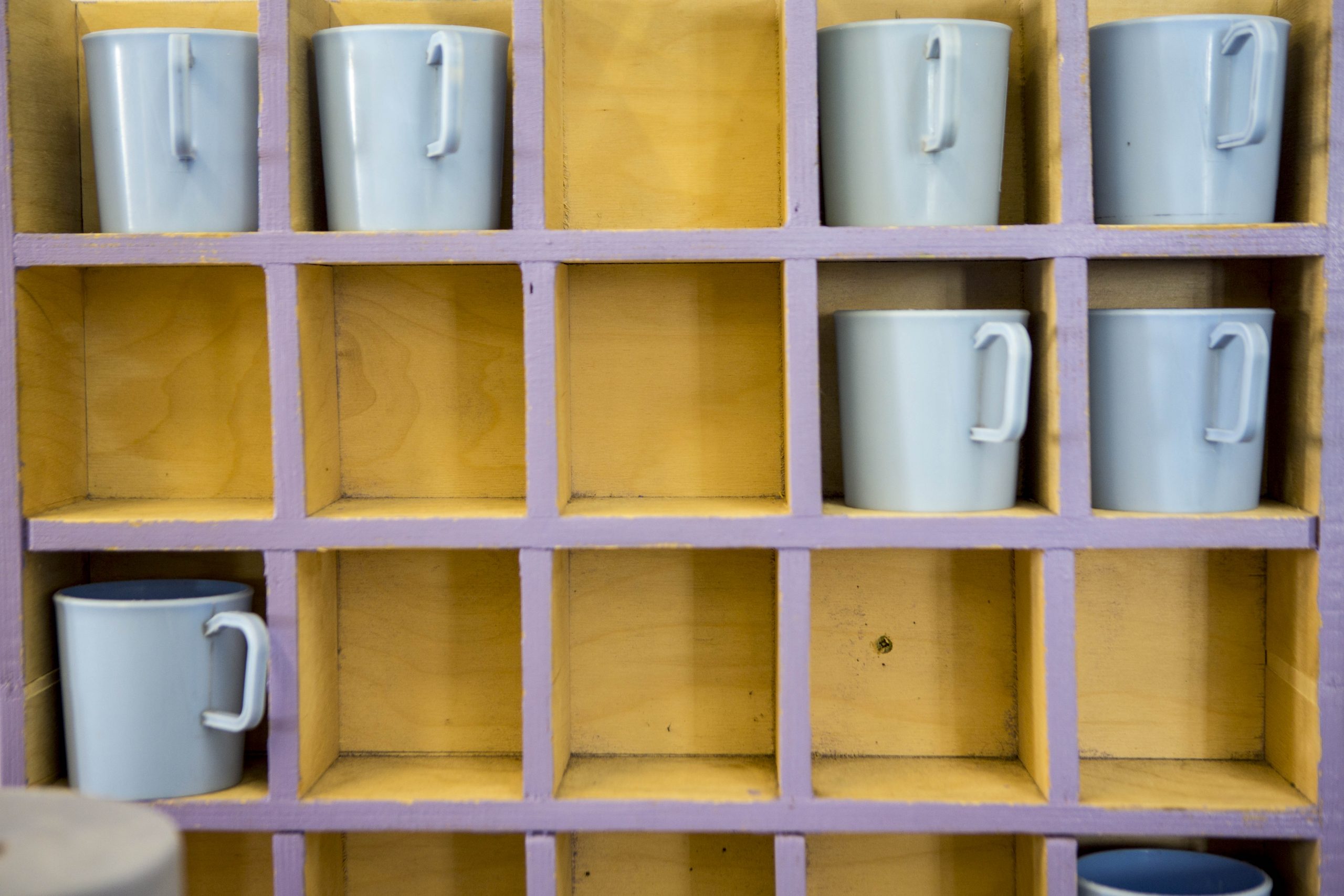A prison watchdog body has said that the lockdown regime at a Category B prison in Sussex is inhumane and highlighted the ‘shocking’ plight of prisoners on stranded for years over tariff on indeterminate sentences. The annual Independent Monitoring Board (IMB) report of HMP Lewes published today states bluntly that its members ‘do not consider that the regime during this year has been humane’. For ‘more than two months at least’, prisoners were allowed to be unlocked for just half an hour a day and the ‘best’ regime offered was ‘very far from ideal’. ‘We cannot know what the long-term impact on prisoners’ physical and mental welfare will be of being kept in cells for such long periods,’ the IMB added.
Members of the board spoke at length to some of IPP prisoners and found their cases ‘shocking: 10, 11 or 12 years beyond their initial tariffs’, The IPP prisoners have completed ‘literally many tens of courses while in prison but cannot seem to progress’, they noted. ‘They expressed an overwhelming sense of hopelessness. That there are prisoners still unreleased from IPP sentences is, in the Board’s opinion, cruel and inhumane.’ As of November last year there were 32 IPP prisoners in Lewes including some on recall.
The IMB noted the Governor and staff had been successful in containing the impact of Covid during 2021, ‘but the resulting regime, with men locked in their cells for up to 23 hours a day, was extremely detrimental to prisoners’. Last year the IMB reported that it had been an ‘extraordinary’ year and the psychological impact on prisoners of being locked up for so long time ‘could not be overstated’. ‘Sadly, the current year has been very similar and it is observed that the numbers of prisoners being referred to mental health services is high,’ the report noted.
The watchdog calls on the prisons minister (until yesterday Victoria Atkins) to ‘do everything in her power to ensure sufficient funding… such that the basic accommodation can finally be considered uniformly decent’ and that IPP prisoners detained very many years beyond their tariff dates under are ‘released as soon as is possible’. ‘It is the Board’s view that the treatment of these prisoners is inhumane,’ it added. The IMB highlighted state of cells which were ‘often not decent’ with ‘broken showers and windows, no toilet lids and pigeons flying around living areas’. ‘The Board does not consider it decent for prisoners to have pigeon droppings all over where they live,’ it added.
Violence within the prison was ‘still a significant issue’, with prisoner-on-prisoner assaults averaging around 12 a month representing a 12% increase on last year and self-harm ‘an almost daily. ‘This was another very difficult year and we commend prison staff for keeping prisoners safe as well as fully informed during the pandemic,’ commented Peter Scaramanga, chair of the IMB. ‘We can see the prison management is now facing new challenges including those of staff recruitment and retention. We sincerely hope prisoners are able to spend more time out of cell, in education and work, enabling them to use their time productively in preparation for release.’







